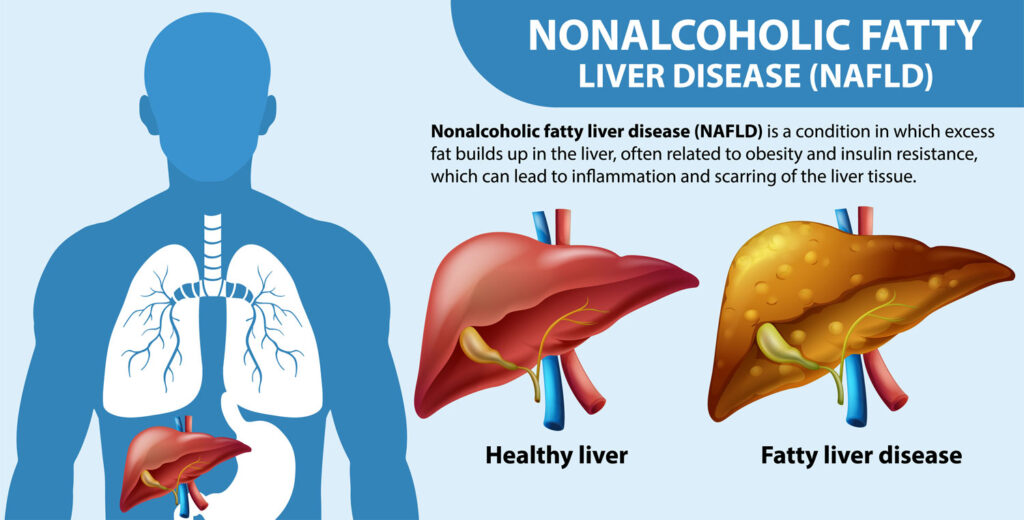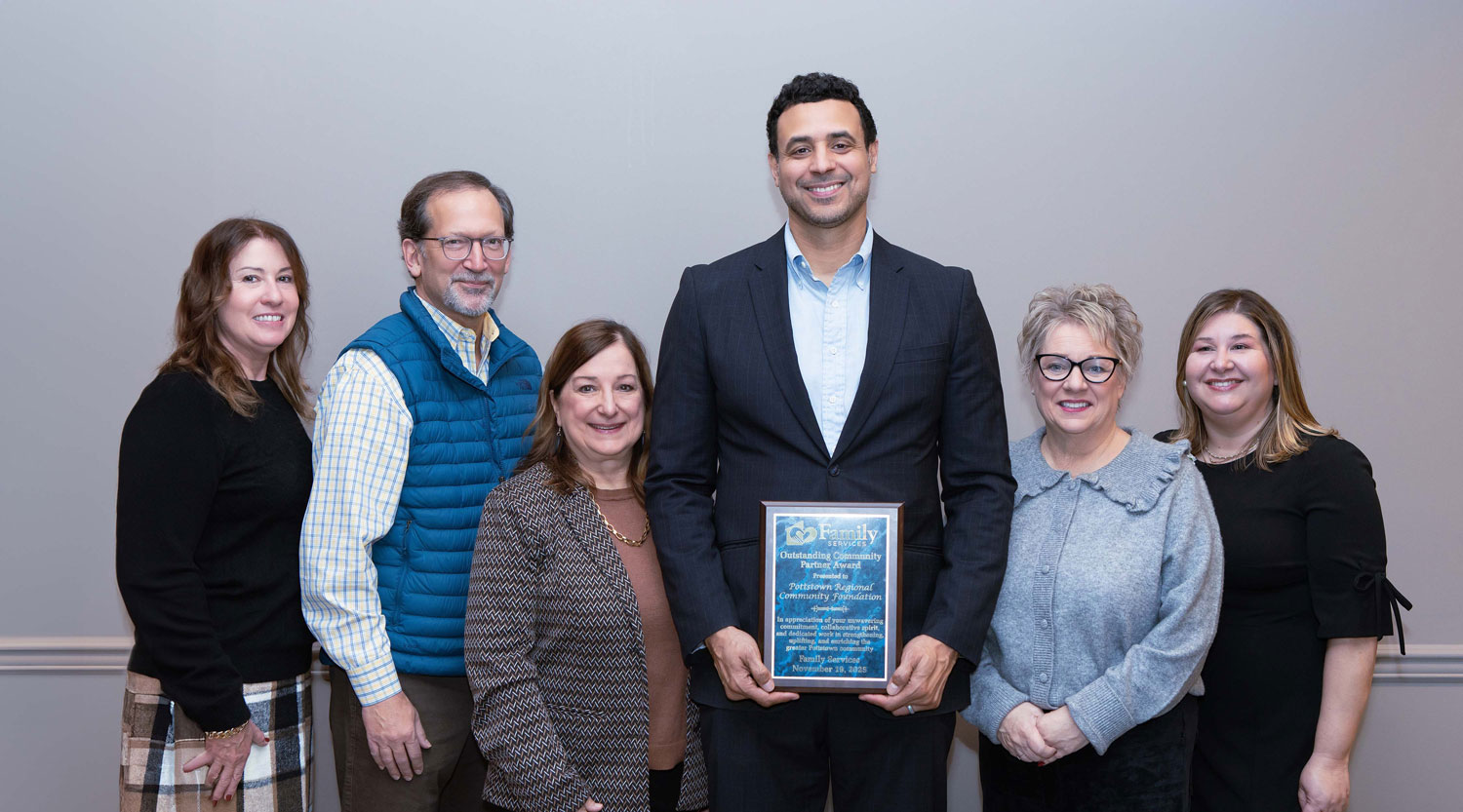Today’s typical diet emphasizes food that is fast. Processed meals, drive-thru eats, and grab-and-go prepared foods are too often part of our routine. Along with causing the commonly discussed obesity, Type 2 diabetes, and heart disease, a poor diet also contributes to an unhealthy liver. It is one of the major contributors to nonalcoholic fatty liver disease (NAFLD). Pottstown Area Health & Wellness Center provides tips for protecting this organ, which performs over 500 vital functions for us as we go about our day.
Fatty Liver Disease
Approximately one quarter of adults in the United States are suspected of having NAFLD. Its increasing prevalence signals the importance of bringing awareness to this growing concern. Two types of the disease exist: One is caused by excessive alcohol consumption and the other, as its name suggests, is nonalcoholic fatty liver disease (NAFLD). The latter affects those who drink little or no alcohol. Fatty liver buildup in this group often results from:
- excess body weight
- Type 2 diabetes
- insulin resistance
- high levels of fat in the blood, especially triglycerides
- genetic predisposition
- metabolic syndrome
Left unchecked, either type can lead to severe liver scarring or cirrhosis caused by inflammation. As this scarring expands throughout the liver, severe complications can develop and result in liver failure.
Silent Symptoms
With few outward symptoms, especially initially, NAFLD is usually discovered during routine bloodwork. (Those annual physicals are important!) The sooner NAFLD is diagnosed, the earlier you can combat it—and potentially reverse it. Routine healthcare check-ups can be life-changing, especially for diseases like NAFLD that do not present with symptoms until later stages.
If high levels of liver enzymes are found in bloodwork, your physician will usually follow up with liver imaging (like an ultrasound) for a more accurate diagnosis. Advanced stages or other uncertainties may require a liver biopsy to determine severity.
Overcoming Fatty Liver
For overweight individuals, weight loss is usually the first recommendation to help NAFLD. This can improve other issues that may be leading to, or causing, NAFLD, like high triglycerides. Focus on adopting the following aspects of a healthy lifestyle, which are most effective in combatting fatty liver.
Eat a healthful diet. Choose lean protein sources, vegetables, and fruit for most of your nutrition. Equally important are the foods you should limit or avoid: simple carbs (like white bread), highly fatty foods like red meat, processed meats and baked goods, and sugary drinks and snacks.
Exercise. As recommended by health experts, aim for at least 150 minutes of exercise per week. This can be done in small increments throughout the day, if needed. Weight loss may require more exercise and should include cardio fitness like power walking, swimming, and other workouts that elevate your heart rate. Think of it as burning fat that is both visible (on the scale) and hidden (in your liver). If you are new to exercise, clear it with your healthcare provider and start small. Slow and steady should definitely be your mantra!
Monitor your cholesterol, triglycerides, and sugars. Improve out-of-range levels through diet, exercise, and medication if required. Carefully monitor and manage your blood sugar, especially if you have diabetes.
Limit or avoid alcohol. Although alcohol consumption may not have caused your fatty liver disease, it still can contribute to it. The occasional drink at a summer cookout or celebratory dinner is likely harmless. However, frequent and heavy indulgences will exacerbate fatty liver disease as well as cause other health issues.
Follow medication instructions. Take prescriptions and over-the-counter medicine as directed. Taking certain medications in combination can put a strain on your organs, including your liver. Drinking alcohol while taking medication also can be harmful, particularly for your liver and kidneys.
Speak with your healthcare provider for additional guidance on treating NAFLD. A commitment to a healthy lifestyle, with a focus on diet and exercise, is very successful in treating this disease. If you start early enough, you may even be able to reverse it.
Sources





